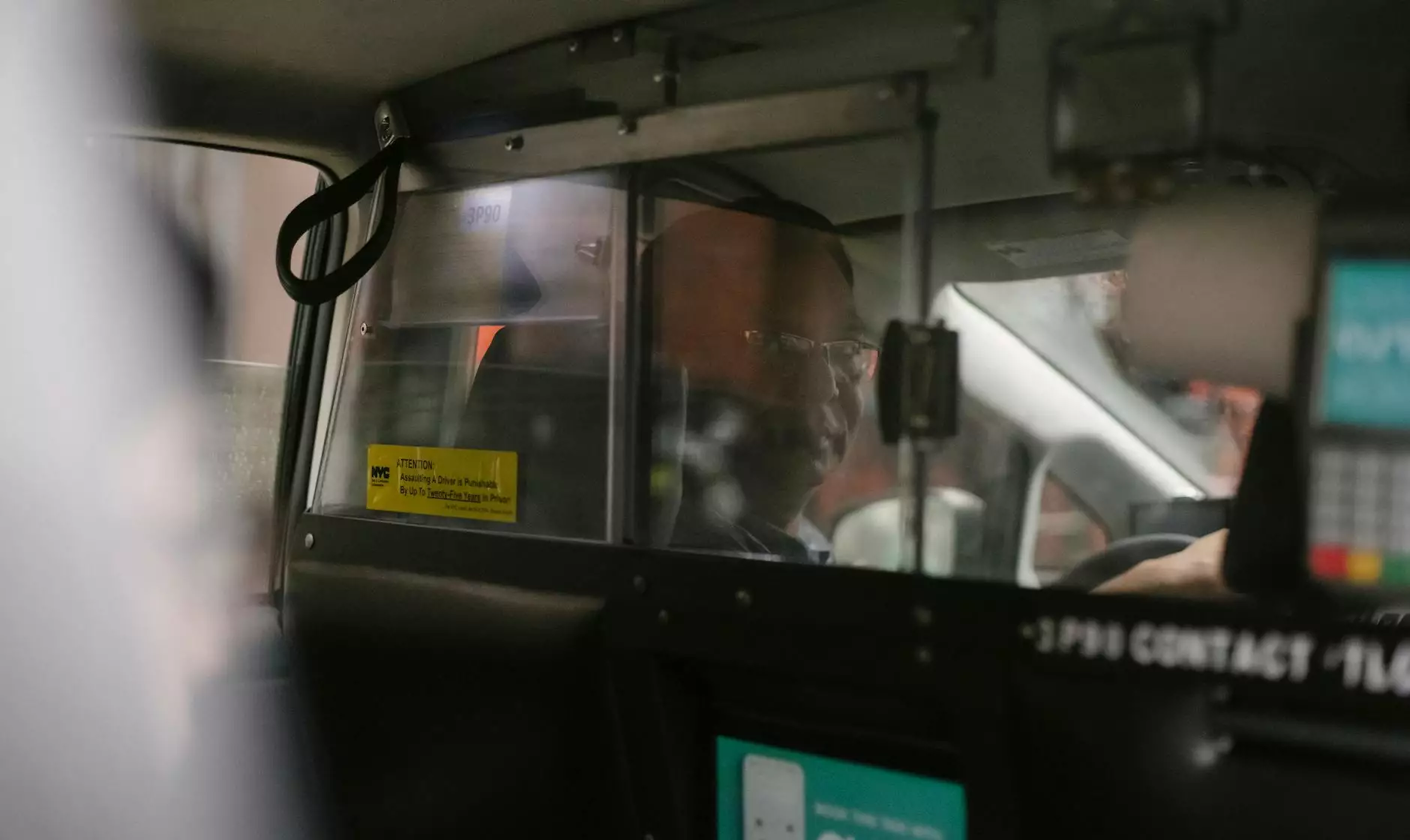Exploring the Legacy of Black Churches in Brooklyn

In the vibrant borough of Brooklyn, a rich tradition flourishes within the spiritual realms of its black churches. These institutions are more than just places of worship; they are vital hubs for community engagement, spiritual growth, and social justice. This article delves deeply into the historical significance, cultural contributions, and ongoing impact of black churches in Brooklyn, highlighting their role as pillars of hope and resilience.
Historical Context: The Roots of Black Churches in Brooklyn
The origins of black churches in Brooklyn can be traced back to the early 19th century, during a time when African Americans faced systemic oppression and discrimination. The establishment of these churches provided a sanctuary for worship and community bonding.
One of the earliest black churches, the Bridge Street African Methodist Episcopal Church, was founded in 1822. It is a testament to the strength and resilience of African Americans, serving not only as a spiritual haven but also as a center for advocacy and education.
The Role of Black Churches in the Civil Rights Movement
During the Civil Rights Movement of the 1960s, black churches in Brooklyn became epicenters for mobilization and activism. Leaders within these institutions played crucial roles in the fight for social justice, civil rights, and community empowerment.
The pulpit became a platform for social change, with charismatic leaders inspiring congregations to take action against inequality. Black churches often organized rallies, voter registration drives, and community service initiatives that were pivotal in challenging the status quo.
The Cultural Significance of Black Churches
Beyond their religious functions, black churches in Brooklyn embody a rich cultural heritage. They are a celebration of African American culture, spirituality, and communal values. The traditional music, vibrant worship styles, and communal gatherings foster a sense of belonging and identity.
Spiritual Practices and Worship Styles
The worship experience in black churches is often characterized by a dynamic blend of gospel music, expressive preaching, and communal participation. Services are filled with energy, passion, and a deep connection to faith. The music is a powerful expression of the community’s struggles, joys, and aspirations.
Gospel Music: A Voice of Resilience
Gospel music has its roots deeply embedded in the African American experience, serving as a source of solace and strength. It transcends mere entertainment; it is a means of communicating faith and resilience.
The Community Impact of Black Churches
Black churches in Brooklyn are instrumental in addressing various social issues affecting their communities. They offer programs that support family development, youth empowerment, and educational outreach. Through partnerships with local organizations, these churches provide critical services that uplift their neighborhoods.
Community Services and Non-Profit Work
Many black churches in Brooklyn have established non-profit organizations that focus on a range of issues, including:
- Food Security: Offering food pantries and meal programs to combat hunger.
- Youth Programs: Providing scholarships, mentorship, and after-school activities.
- Health Initiatives: Organizing health fairs and wellness programs to promote healthy living.
- Legal Aid: Offering services that help individuals navigate legal challenges.
Building Resilience: Programs for Families
Family stability is a priority within these congregations. Many black churches offer marriage counseling, parenting classes, and financial literacy workshops designed to strengthen family units and foster resilience.
Challenges Facing Black Churches in Brooklyn
Despite their essential roles, black churches in Brooklyn face numerous challenges, including declining attendance and financial struggles. As communities evolve, these institutions must adapt to meet the changing needs of their congregants while staying true to their mission.
Adapting to Change: Innovation in Ministry
To remain relevant, many black churches are embracing technology and innovative approaches to ministry. These adaptations include:
- Digital Outreach: Utilizing social media and streaming services to reach a wider audience.
- Engaging Young People: Creating programs that resonate with younger generations.
- Community Engagement: Partnering with other organizations to tackle social issues collaboratively.
The Future of Black Churches in Brooklyn
The future of black churches in Brooklyn will likely be shaped by their ability to remain engaged with the community and adapt to ongoing changes within society. With their deep-rooted traditions and commitment to social justice, these churches will continue to play a vital role in shaping the cultural and spiritual landscape of Brooklyn.
Emphasizing Inclusivity and Diversity
As demographics shift, there is an opportunity for black churches to embrace inclusivity, welcoming individuals from diverse cultural backgrounds. This inclusivity fosters unity and strengthens the church community, reflecting the rich tapestry of experiences within Brooklyn itself.
Conclusion: The Enduring Legacy of Black Churches in Brooklyn
Black churches in Brooklyn are more than just spiritual homes; they are vibrant community centers that foster empowerment, resilience, and hope. Their historical legacy is intertwined with the broader narrative of African American history, making them integral to understanding the past and shaping the future.
As we look forward, it is essential to recognize and support the role of these institutions in our communities. Whether through community service, spiritual guidance, or cultural enrichment, black churches will continue to inspire and uplift the people of Brooklyn for generations to come.
Get Involved: How You Can Support Black Churches in Brooklyn
If you're looking to make a difference, consider ways to support black churches in your community. Here are some suggestions:
- Volunteer your time for community service projects.
- Attend services and community events to show support.
- Contribute financially or donate to support church programs.
- Participate in advocacy efforts to address social issues.
In conclusion, the story of black churches in Brooklyn is one of strength, resilience, and community. As they continue to navigate the challenges of modern society, their commitment to faith and social justice remains unwavering. These institutions will undoubtedly continue to be a source of inspiration and a beacon of hope for many.



